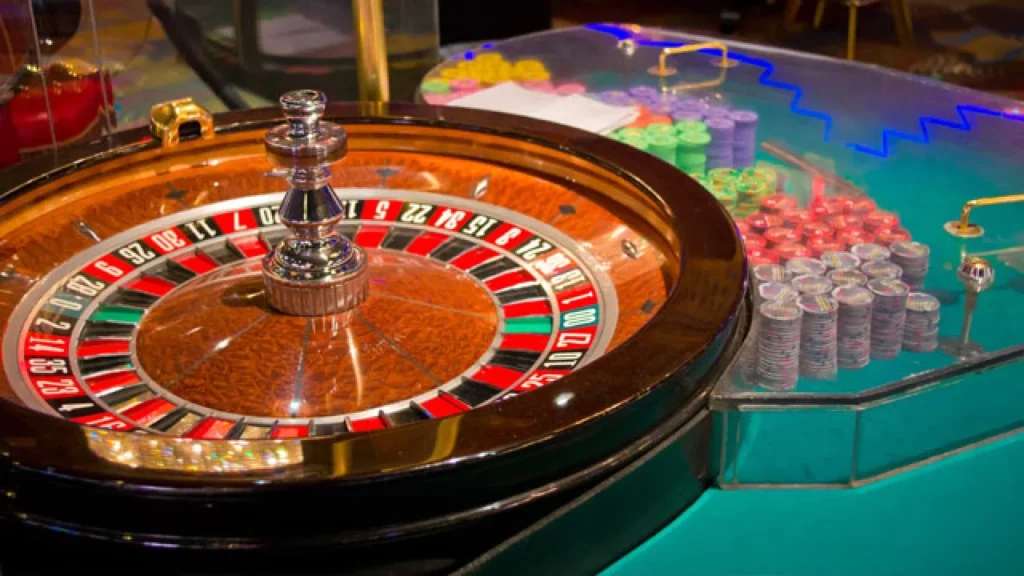The Public Gambling Act of 1867 prohibits gambling or betting activities because people’s indulgence in games of luck will probably lead to immoral and pernicious acts. Article 245 of the Indian constitution of 1945 provides state legislative power to make their laws, by which“Goa, Daman and Diu Public Gambling Act, 1976” legalised gambling in the sea and water of Goa with the government’s prior permission. To increase the revenue for the place, strict rules are imposed on the residents of Goa regarding access to casinos, as casinos are specifically for local and foreign tourists.
No specific case law led to the development of the gambling laws in Goa. However, the need for entertainment for tourists in Goa created casinos, which created numerous laws and regulations like the Goa Casino Control and Management Act 1992, which regulates the operations of casinos in the state. The Goa Casino Rules, 2002, examine licensing, security, and operational standards. In the case of Lalit Sehgal v. State of Goa & Ors., 1994 SCC (6) 459, the petitioners challenged the Notification No. 2-20-92 issued under the Goa, Daman and Diu Public Gambling Act, 1976, which restricted the installation of electronic amusement/slot machines to only Five Star Hotels. The government can change its policy in the public interest, even if it affects legitimate expectations by which we can clearly understand that legalization of casinos in Goa is the choice made by the state. They formulated the legal provisions to maintain law and order peacefully.
AUTHOR:
J. Jeslin Jesiya, 5th year BBA. LL.B (Hons.), Saveetha School of Law, Chennai


